
Donna Krahn and Deanne Crawford
As parents, we have the ability to help our children develop leadership skills. A child’s first introduction to leadership comes by watching others, especially their moms and dads. As parents, we want to set a good example of the character traits all good leaders need like:
- Being empathetic (Romans 12:15)
- Serving others (Matthew 23:11; Philippians 2:4)
- Communicating well (Proverbs 25:11)
- Controlling our emotions (Proverbs 15:18)
Along with our good example, let us explore a variety of hands-on activities we can do with our children to develop leadership skills at any age!
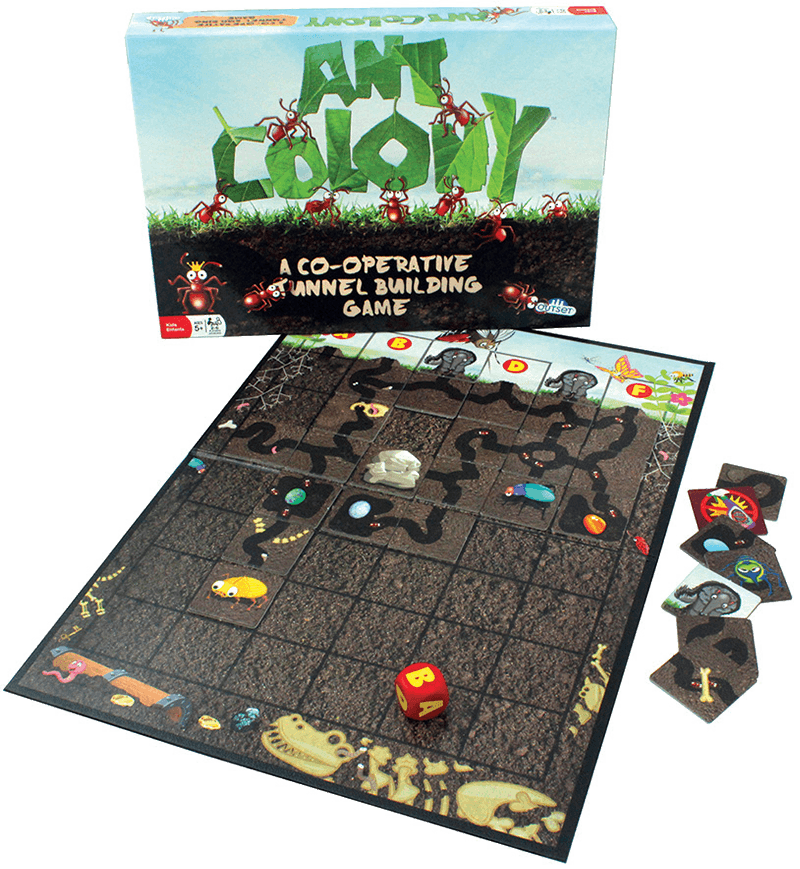
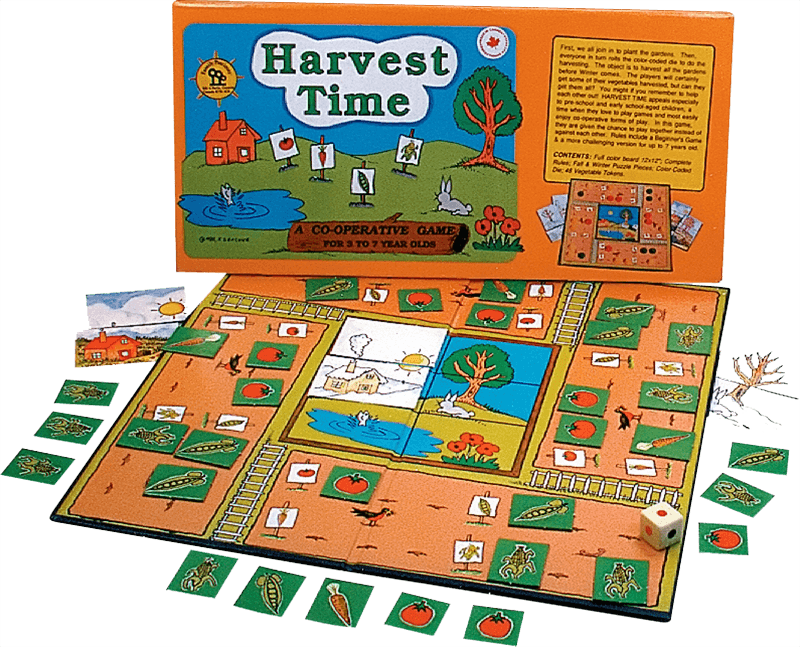
Set chairs in a circle, one fewer than the number of children in the game, and then play music as kids walk around the circle. Every time the music stops, children must try to sit on a chair. Children left standing are out for the rest of this game. Remove a chair and begin again until only one child is left.
There are also some fun board games that help develop leadership skills. Ant Colony, from Cobble Hill, builds teamwork and cooperation as children work to avoid hidden rocks, angry beetles, and pesky anteaters to achieve the ultimate goal of completing their tunnel! Along with teamwork, children also practice communication skills and simple strategy skills.
Teach children the value of working together toward a common goal with Family Pasttimes Harvest Time game. The premise is simple. Plant gardens and harvest them before winter comes. Each roll of the dice determines your action—harvest, hinder the advance of winter, or hasten the arrival of winter. Working together, players can defeat the winter frost and harvest the gardens.
Musical Chairs is a great activity for larger families or group settings. This classic children’s game teaches kids to resolve arguments peacefully, deal with disappointment, and practice patience.

There are also some fun board games that help develop leadership skills. Ant Colony, from Cobble Hill, builds teamwork and cooperation as children work to avoid hidden rocks, angry beetles, and pesky anteaters to achieve the ultimate goal of completing their tunnel! Along with teamwork, children also practice communication skills and simple strategy skills.

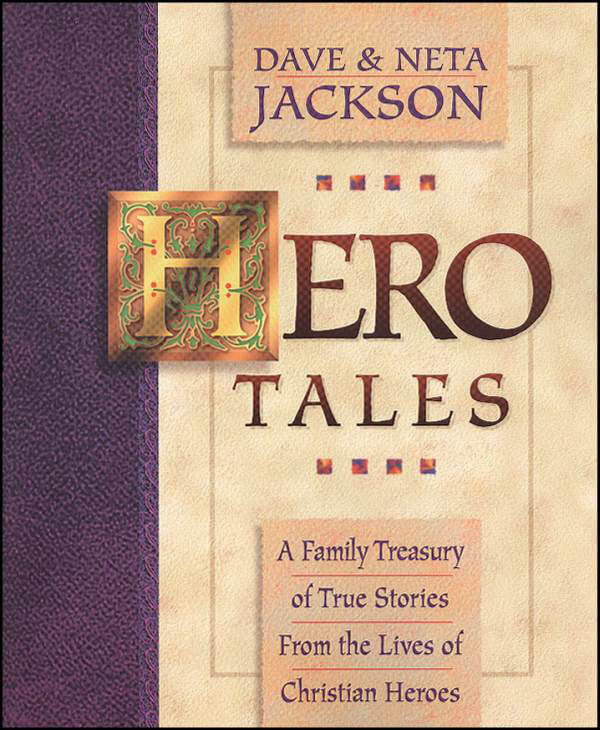
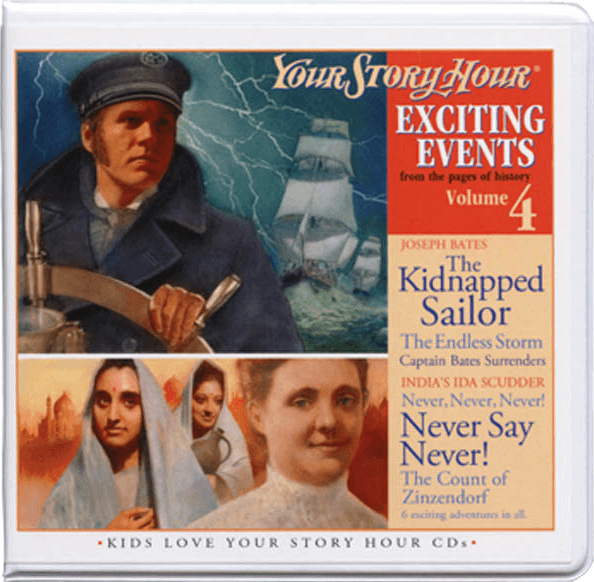
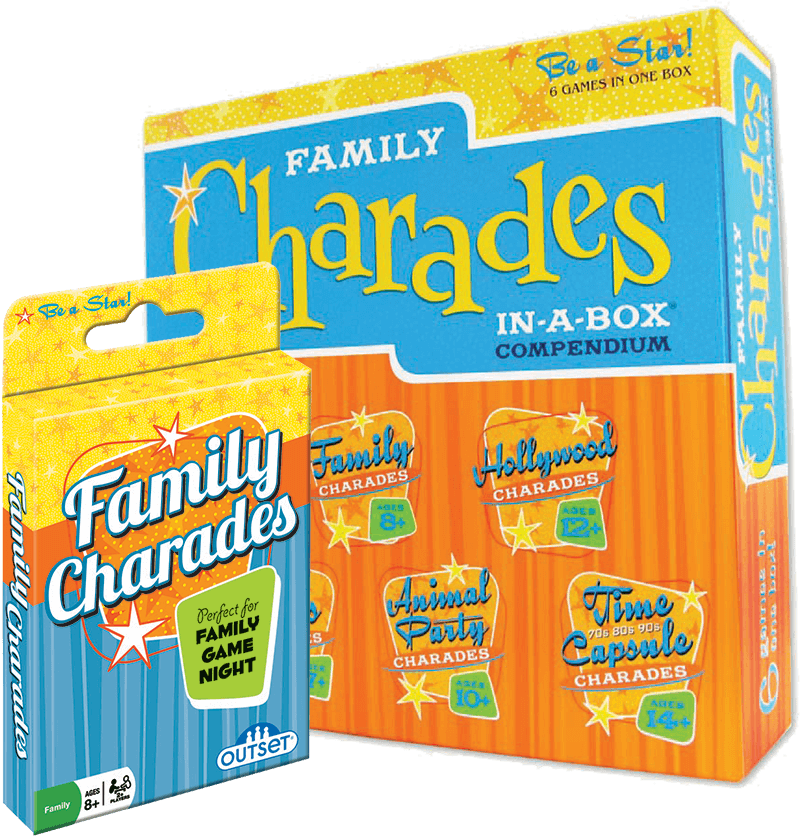
The elementary years will also be when you focus on developing communication skills. From identifying and understanding their emotions to clearly explaining their interests and passions, learning to communicate comes easy to some children but not all. You may need to slow down and allow a child a little extra time to share what is on their heart, but someday you will look back and be thankful you took a little extra time with them. Ask them questions, give them choices, and ask their input in simple family decisions. Accept their input and add value to their ideas…you are building a strong leader!
Upper elementary is the perfect time to introduce children to Charades. While a seemingly simple and goofy game, Charades offers children numerous opportunities to develop non-verbal communication skills. Additionally, children learn to think outside the box and be creative when presented with a challenge. Great leaders are often called upon to think outside the box, often without the benefit of foresight or time to weigh the pros and cons. Are you seeing how Charades can develop these skills? I don’t know about you, for me, one of the hardest things about Charades is coming up with a subject or topic! Thankfully, Outset Media comes to the rescue with the Family Charades Card Game or the Family Charades in a Box Game Set. The card game includes a deck of sixty cards, a scorepad, a timer, and an instruction booklet. Cards feature three possible charades of varying difficulty. To play, the players divide up into teams and try to get their teammates to guess the phrase on the card within an agreed-upon time. The harder the charade, the more points you get! For charade novices, standard charade signals (such as the type of charade, how to indicate a color, or how to let your team know they are close) are included in the instructions. Family Charades features characters, phrases, actions and objects that should be familiar to most ages (ex., Rudolph the Red-Nosed Reindeer, sorting the laundry, skunk). The Charades In-a-Box set includes six decks of cards for all different age groups for years of family charade play!



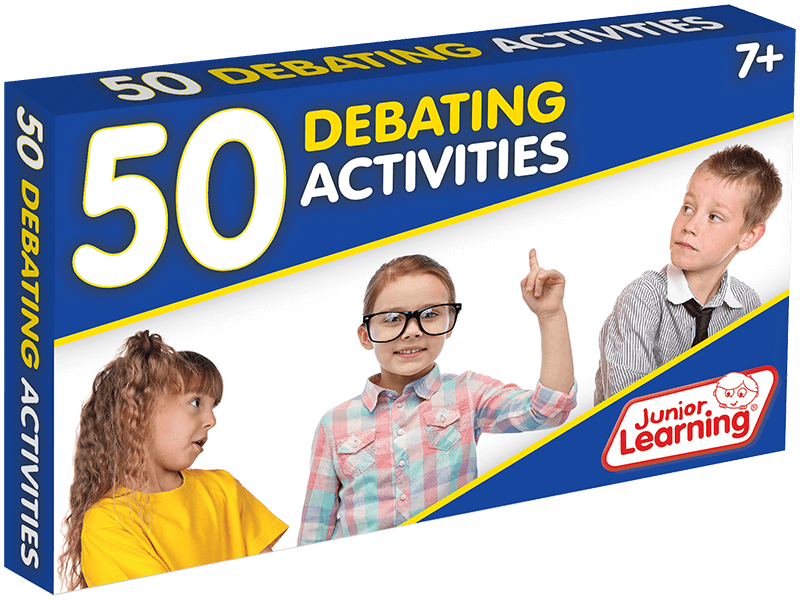
As the mom of a child who loved to argue (ahem, debate), Deanne had to find opportunities to channel this desire productively. While organized speech and debate was a huge success in the high school years, her daughter would have loved the opportunity to start earlier! Junior Learning’s 50 Debating Activities Card set provides a perfect learning tool for organizing thoughts and developing critical thinking and communication skills. This set of debate cards teaches students how to think quickly and respond effectively to several different scenarios. Each activity will list the objective, resources needed, and procedure. For example, there might be a debate on “Should we buy organic food?” or “Are video games bad for children?” One card might work on listening and rebuttal skills while another sharpens public speaking skills. There is even a card on identifying main ideas and evaluating debates. While most are designed for classroom use, the targeted age range is 7 to 13 years, making the cards very adaptable for families!
Prioritizing game time with our older children can sometimes be a real challenge if the house is filled with little ones. Nap time and bedtime may often be the only times for chores or relaxation! Let me encourage you to set aside at least one night each week to spend time with your upper middle schoolers and teens. This is a great time to develop a strong bond with your older children (something crucial to the teen and early adult years as they discover who they are) and, it is also a ton of fun!
My husband and I loved game nights with our older children. Games required more challenge and critical thinking and didn’t involve tears when a turn didn’t go their way. While games abound, there are some great ones that will help develop leadership traits.
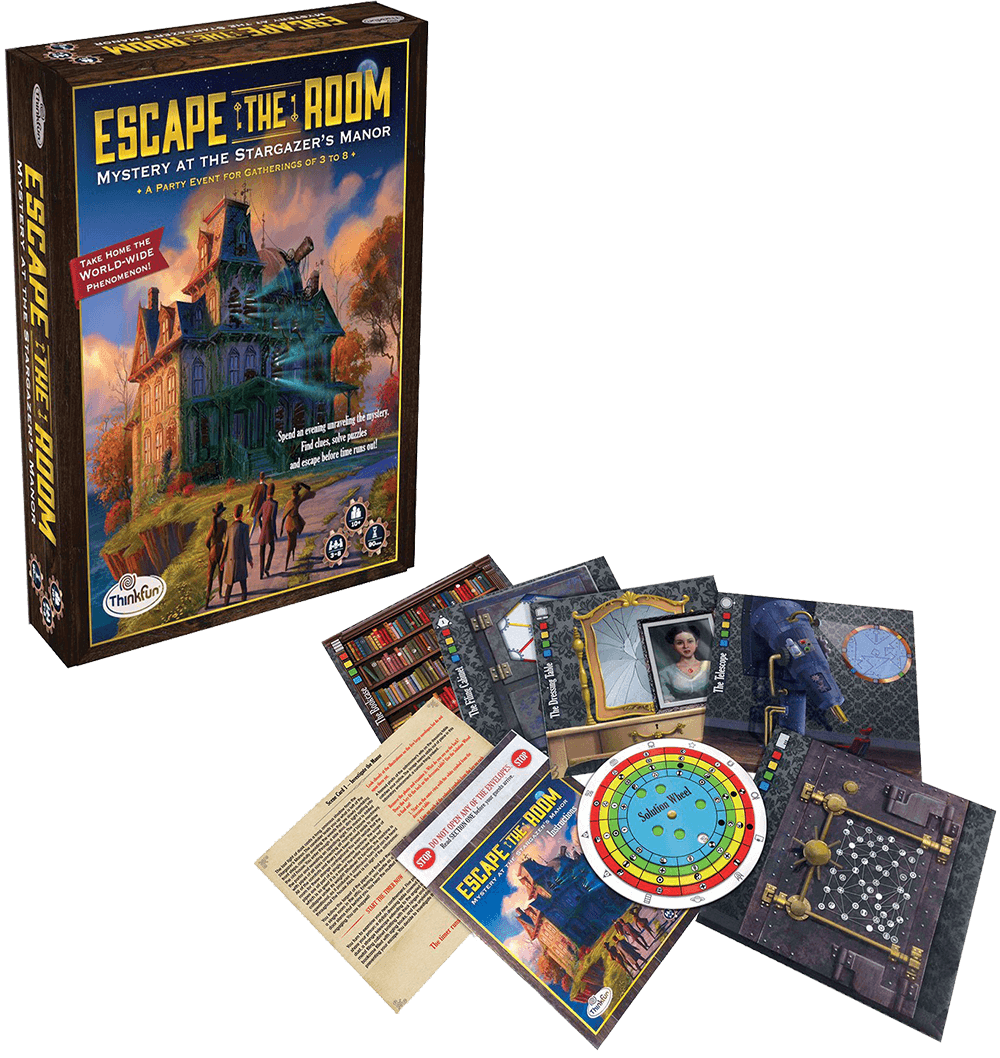
Set in an old manor in the year 1869, Escape the Room’s Mystery at the Stargazers Manor introduces your group to numerous mysterious happenings that beg to be investigated. But how will you escape when you end up locked inside a room in the old manor? Your team has ninety minutes to find and plan your escape!
Exit The Game has various options for game play, from Pharaoh’s Tomb and Secret Castles to Stormy Flights and Sunken Treasures! The choices are as unique as your teens’ interests. Being trapped in a mysterious room with your friends and family…knowing that anything around you could be a clue to a convoluted riddle…the pressure of the clock counting down…and driving back home with hours of discussion of what you could have done differently.
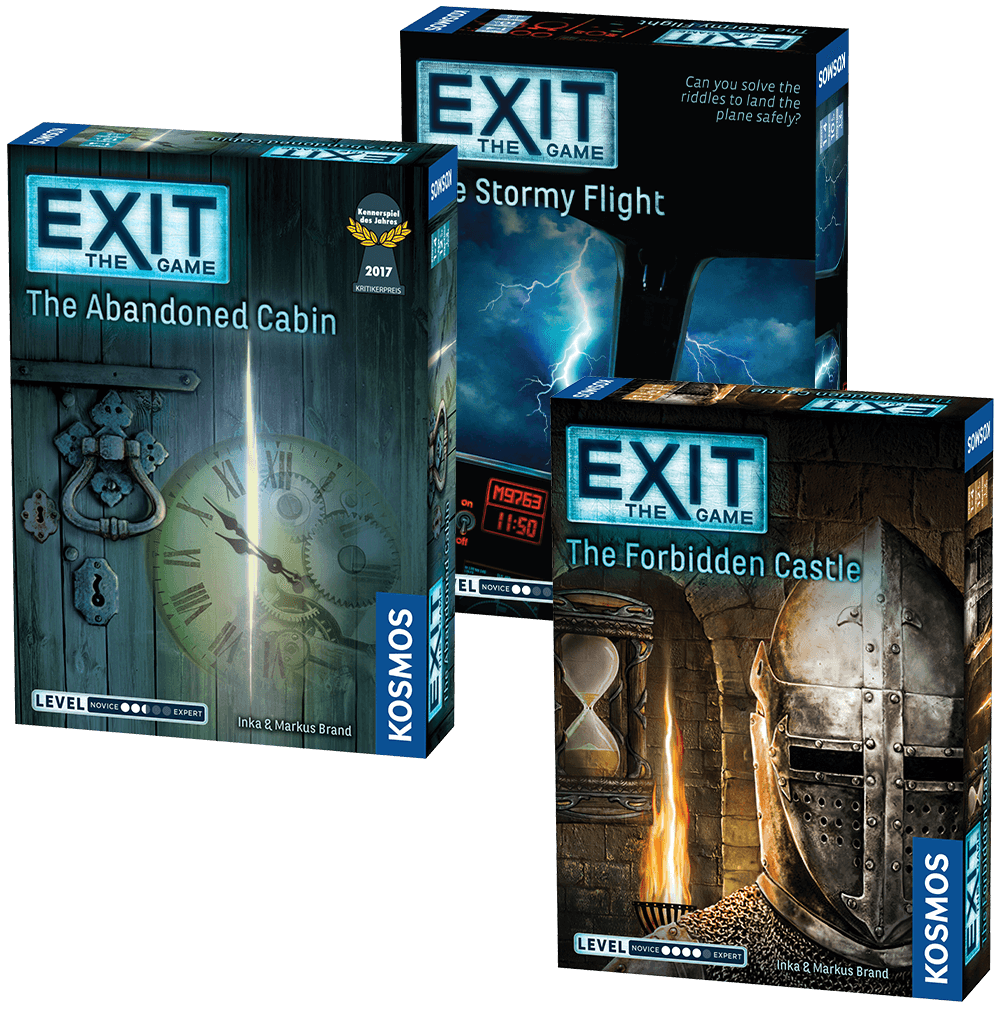
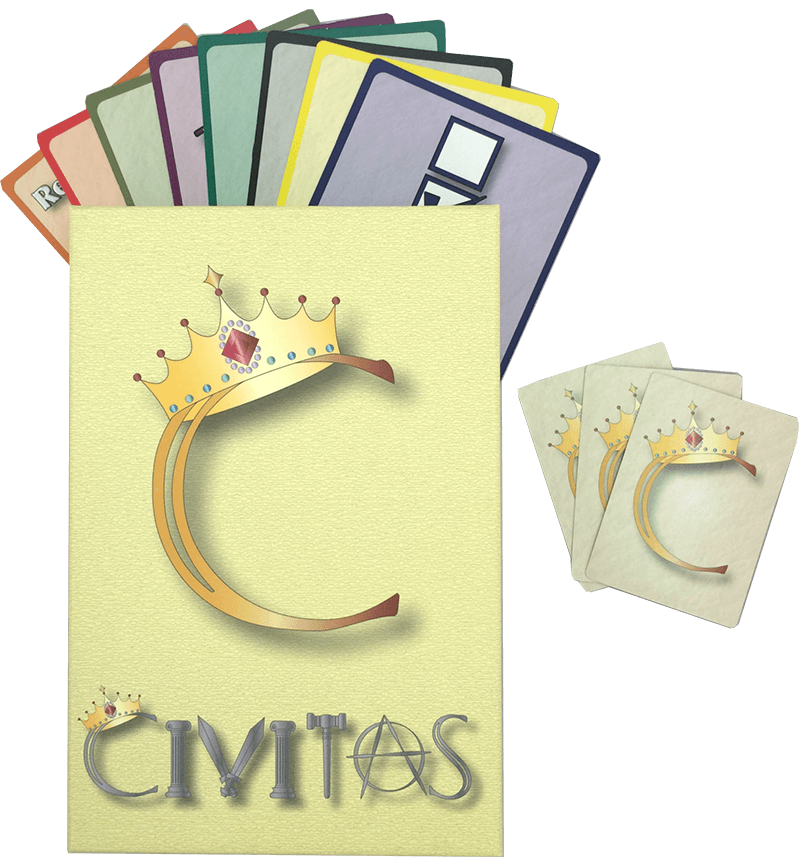
Finally, we want to mention the opportunity to develop leadership skills through building activities. What type of leader traits can you learn from building with plastic building blocks? Creativity is one that we often consider; however, there are many others. For example, setting goals and being flexible to achieve them is an important leadership trait. Start with a destination,or goal, in mind.
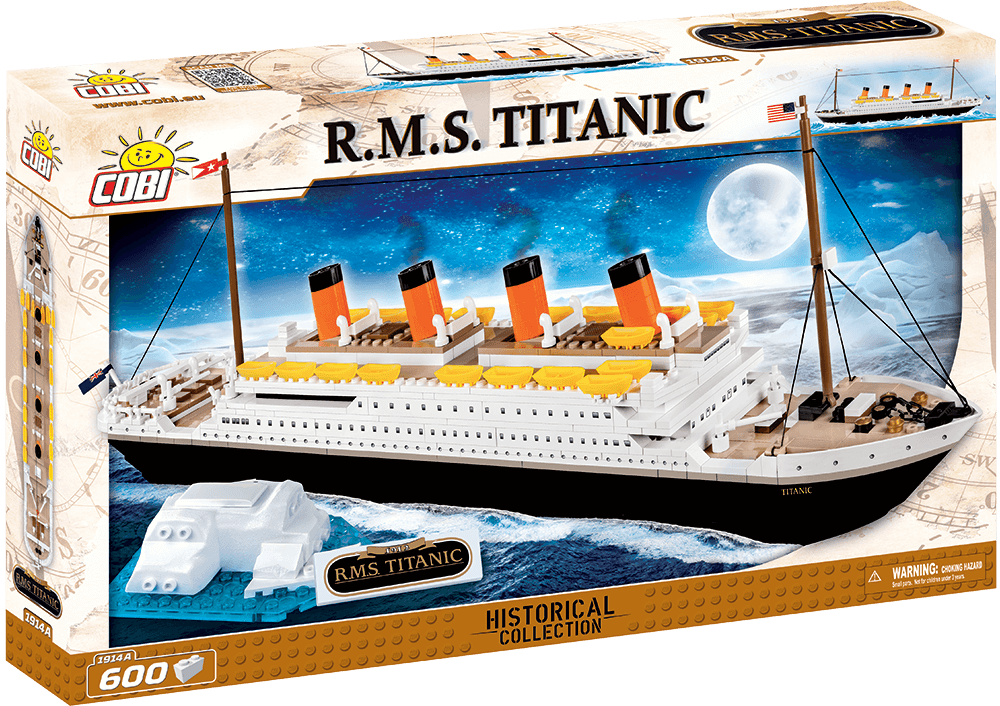

Most of us are familiar with plastic brick building kits from one wildly successful company, however, have you ever heard of Cobi? Cobi creates quality brick building kits that are historical in nature. Here are just a few of our favorites: Noah’s Ark and the Nativity; the RMS Titanic (available in 600 or a challenging 2840 pieces!); the WW 2 Battleship USS Iowa/USS Missouri 2 in 1 set and the Vietnam era Air Calvary HUEY helicopter. These make wonderful ways to develop leadership skills and add a hands-on perspective to your history lessons.
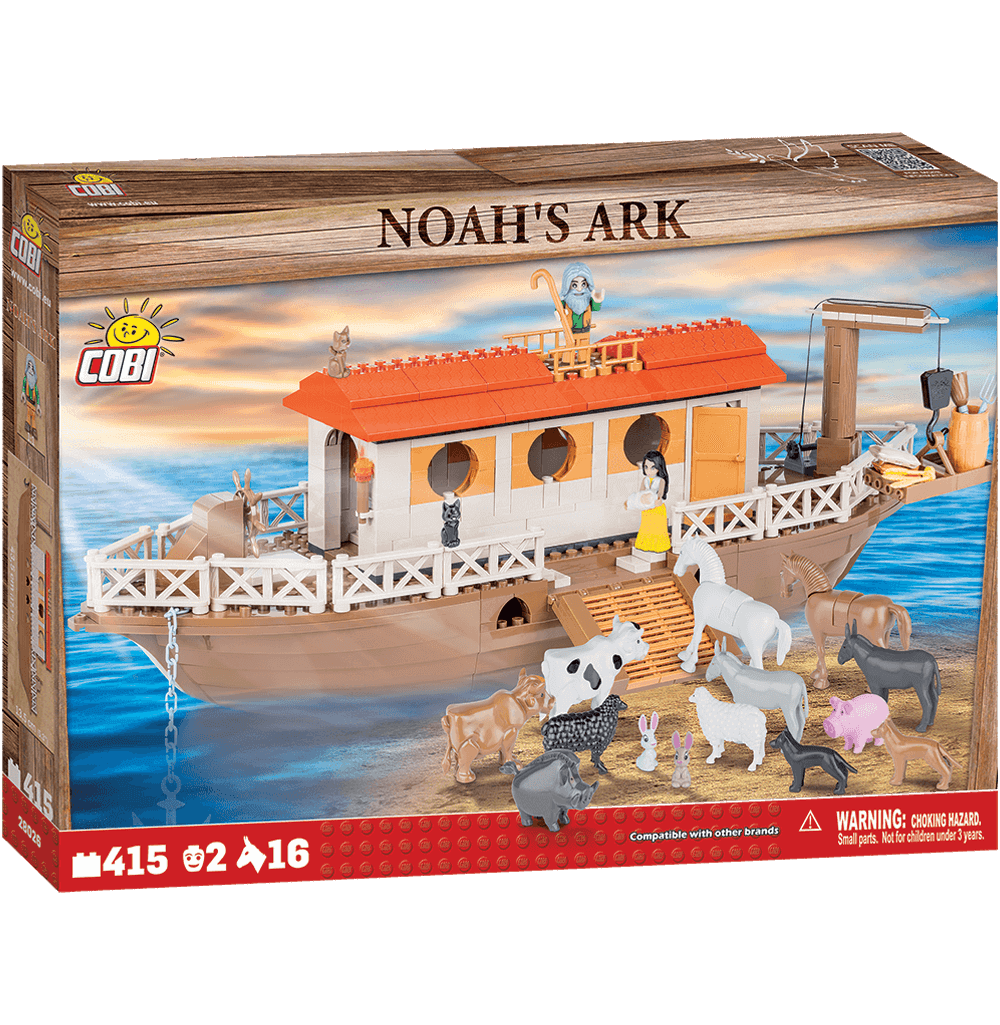
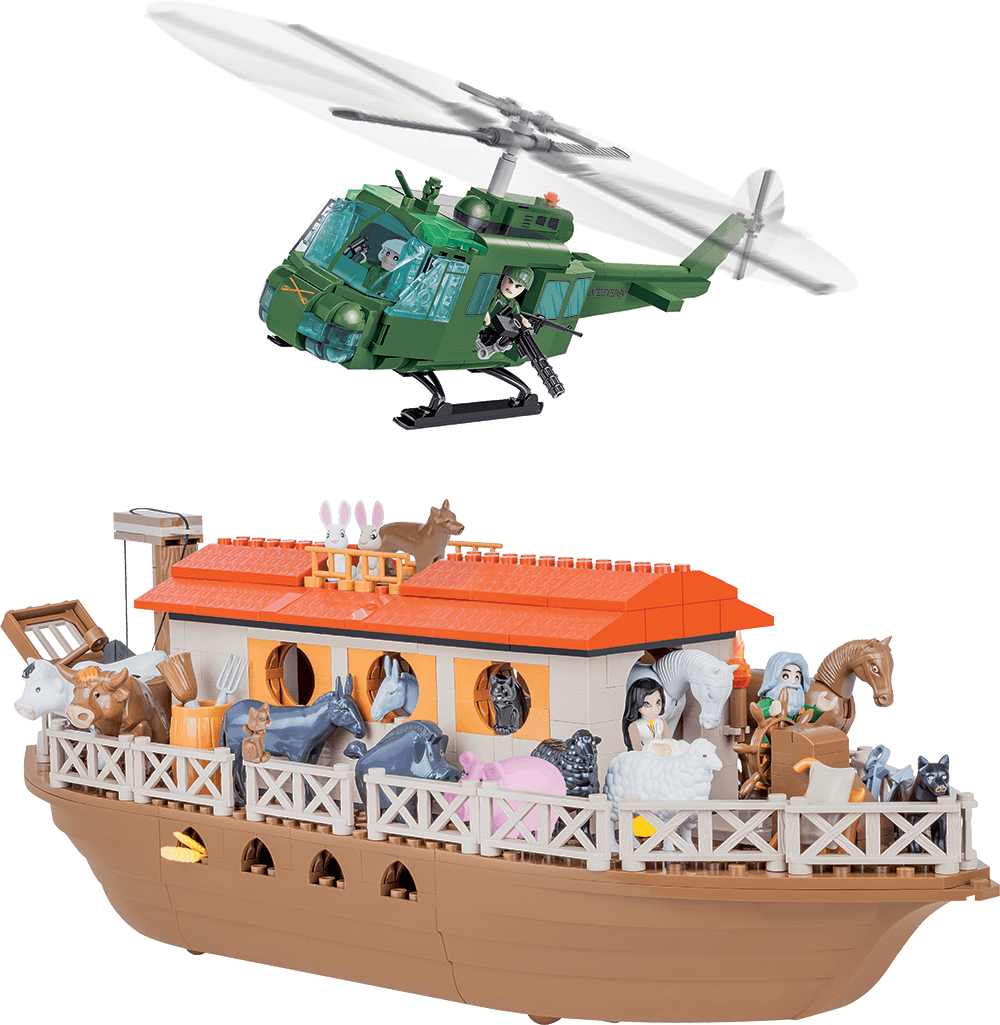
Love and Blessings,
onna Krahn and Deanne Crawford provide a wide range of services to homeschool families in their roles as education consultants at Rainbow Resource Center. While their experiences are varied, they have a passion to equip homeschool families for success. Donna and Deanne have a combined total of forty-six years in education and spend their days developing workshops for homeschool conventions, doing product comparisons, and talking with homeschoolers. Donna’s experience in early childhood education and Deanne’s background in nursing, homeschooling, and as a convention planner provide a breadth of experience equipping them to meet a variety of needs in the homeschool arena.